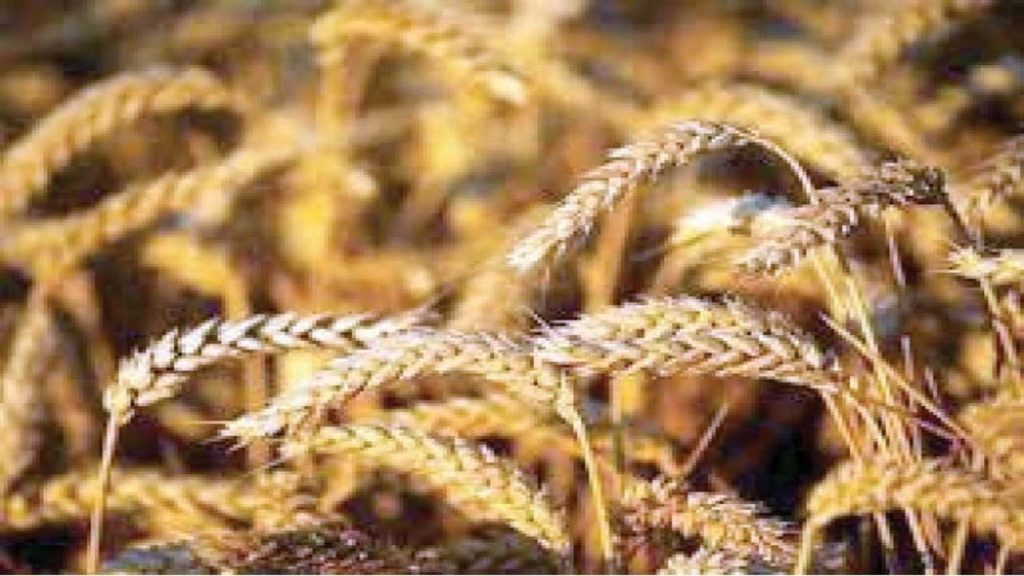The Pakistan Flour Mills Association (PFMA) has made an urgent plea to the federal government for permission to import one million tonnes of wheat in a bid to avert an impending flour crisis caused by the hoarding of grain during the provincial procurement drive. The association warns that if action is not taken promptly, the nation will face an artificial scarcity of flour.
Speaking to the Express Tribune, PFMA South Zone Chairman, Chaudhry Amir Abdullah revealed that the proposal to import the wheat had been submitted to the Ministry of National Food Security and Research, and the ministry is currently reviewing it.
After chairing a national-level meeting held in Pishin, Balochistan, Abdullah emphasised the need for immediate action.
The imported wheat, if approved, would cost millers around Rs85-90/kg, significantly lower than the current price of locally grown wheat, which stands at Rs125/kg. This price differential would translate into a retail price of approximately Rs110/kg for the imported wheat flour, as opposed to the current range of Rs150-175/kg for locally produced flour.
Despite the potential cost advantage, concerns arise regarding the quality of the imported flour compared to locally produced flour. While the quality of the latter remains superior, the price of flour (No 2.5) made from local wheat has more than doubled in recent years, reaching Rs70/kg some two years ago compared to the present cost of Rs125/kg.
The PFMA chairman pointed out that despite Prime Minister Shehbaz Sharif’s claim of a bumper wheat crop of 27-28 million tonnes during the current production season (Mar-May 2023), flour mills remain empty due to the prohibition on millers by the provincial governments of Punjab and Sindh from procuring wheat this year.
Approximately 70% of the country’s wheat is produced in Punjab, with the remaining 30% in Sindh. Abdullah alleges that hoarders, including those associated with the rice and cotton industries, have taken advantage of the provincial governments’ allowance to stockpile wheat.
The provincial governments have opted to restrict the private sector from procuring wheat directly from growers this season. They have instead mandated that the provincial food departments and the federal Pakistan Agriculture Storage and Services (PASSCO) procure the grain to build buffer stocks, with millers allowed to purchase from these reserves. This buffer stock strategy aims to stabilise wheat and flour prices in wholesale and retail markets throughout the year.
However, the current situation is exacerbating the wheat and flour price crisis, with wheat available from growers at Rs100/kg costing Rs125/kg in Karachi due to corruption at multiple checkposts.
Truck drivers are forced to pay bribes to proceed or have their trucks seized and unloaded at government warehouses.
Highlighting the inefficiency of the procurement drive, Abdullah noted that the Punjab food department has only managed to procure 3.5 million tonnes of wheat this year, a significant decline from the 4.5 million tonnes procured last year. Similarly, the Sindh food department has achieved only half of its target, producing 700,000 tonnes against a set target of 1.4 million tonnes.
The Sindh government’s failure to honour a written agreement allowing free movement of wheat from May 15, 2023, has exacerbated the plight of millers. As a result, flour mills remain idle, aggravating the overall shortage.
To address the current challenges and prevent future crises, Abdullah urged the federal government to make wheat a national subject rather than a provincial one, under the 18th amendment.
He also called for continuous procurement by millers throughout the production season and urged the government to facilitate wheat imports year-round to ensure exports of flour and other wheat products to international markets.





